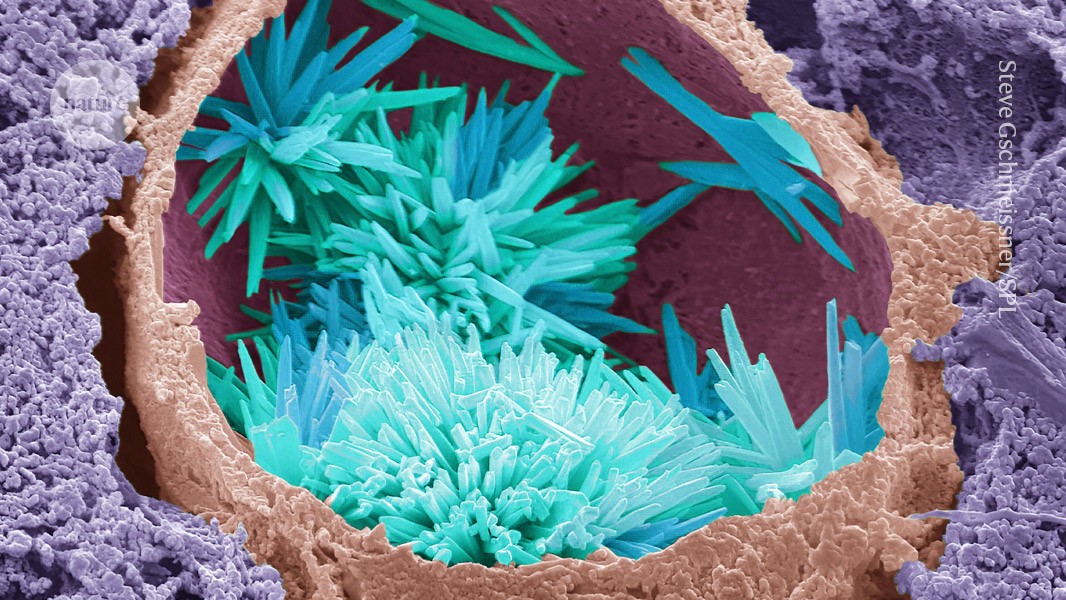
"A CRISPR-Cas9 gene-editing therapy has halved people's cholesterol levels in a small clinical trial - raising hopes that, with further study, gene editing could one day be harnessed to provide a one-stop treatment for a common cause of heart disease. For the study, researchers used CRISPR to disable a gene called ANGPTL3 that helps to regulate levels of fatty molecules, including low-density lipoprotein (LDL) or 'bad' cholesterol and triglycerides, in the blood."
"So far, only 15 people have received the treatment. But, if all goes well in future studies, investigators hope that gene editing might one day liberate tens of thousands of people from daily regimens of cholesterol-lowering medication. "What a revolution to be able to do that," says Luke Laffin, a specialist in preventative cardiology at the Cleveland Clinic in Ohio and a lead investigator on the trial. "Conceptually, it's a great idea: we can move from chronic therapy to something that's one-and-done.""
A CRISPR-Cas9 therapy targeting ANGPTL3 produced approximately 50% reductions in low-density lipoprotein (LDL) cholesterol and triglycerides at the highest dose among 15 recipients. The approach disables ANGPTL3, a regulator of fatty molecules in blood, to lower cardiovascular risk factors. Treated individuals experienced substantial lipid lowering, suggesting potential for a durable, one-time treatment alternative to daily cholesterol medications. Broad application will require extensive safety testing, larger trials, and assessment of costs and patient acceptance. Cardiologists express optimism about eventual clinical use, while noting that development and implementation will take years.
Read at Nature
Unable to calculate read time
Collection
[
|
...
]